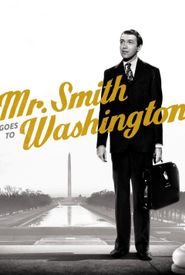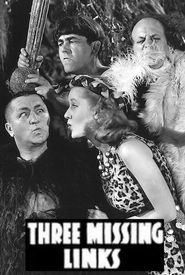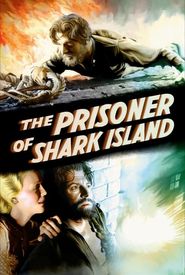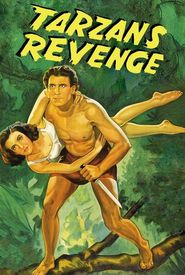John Lester Johnson, a towering figure in the world of boxing, was born on August 13, 1893, in the city of Suffolk, Virginia, according to his death certificate, although some sources claim he was born in South Carolina. His middle name was initially Leslie, but he later changed it to Lester when he left his hometown in 1910 to pursue a career in boxing in New York City. Johnson had been fighting since his teenage years and made his professional debut in 1911 against Joe Jeannette, although he lost the 10-round match by decision.
Despite his loss, Johnson continued to box, and his fighting weight varied between 173 and 185 pounds. He was described by sportswriters of the time as a "giant of a man" or a "hulking ton of coal," although he was actually just a good-sized light-heavyweight. Johnson's most notable match was against Jack Dempsey, a future heavyweight champion, on July 13, 1916, at the Harlem Sporting Club in New York City. The fight was notable for being one of the first integrated professional boxing events, and Johnson proved to be a formidable opponent, breaking three of Dempsey's ribs in the second round.
The fight went the full 10 rounds, with no clear winner, and some sportswriters gave Dempsey the victory, although Dempsey himself disputed the decision, saying that Johnson had taught him more that night than he had ever learned before. For the bout, Dempsey was paid $100, while Johnson received $200.
Johnson continued to box for several more years, eventually making his way to California, where he drifted into boxing obscurity. To make ends meet, he took on bit parts in motion pictures and worked as a night watchman for the Armed Forces General Services Center in Maywood, Los Angeles.
Johnson's acting career spanned the 1930s and 1940s, during which he appeared in many films, often playing small roles such as a doorman, a slave, a criminal, a witch doctor, and even a policeman. His most notable role was in the 1933 Our Gang short film "The Kid From Borneo," in which he played Bumbo, the "Wild Man from Borneo."
Johnson suffered a series of disabling strokes in the late 1950s and spent the remainder of his life at the Veterans Administration Hospital in West Los Angeles, where he passed away on March 27, 1968, at the age of 74. His wife, Lulu Dill, survived him, and he is interred at the Evergreen Cemetery in Los Angeles.



































